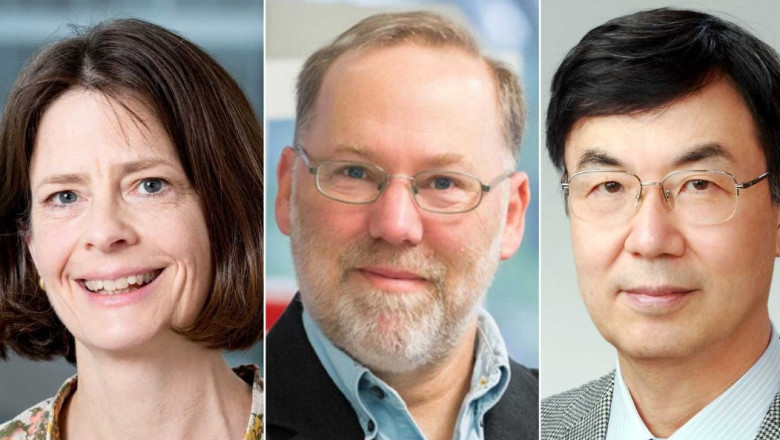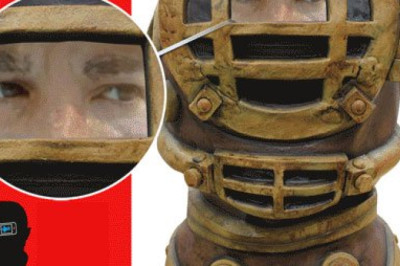
views
Three scientists—Mary Brunkow, Fred Ramsdell, and Shimon Sakaguchi—have been awarded the 2025 Nobel Prize in Physiology or Medicine for their groundbreaking discoveries concerning peripheral immune tolerance, a critical mechanism by which the immune system is prevented from attacking the body's own tissues. Their work identified a special type of immune cells known as regulatory T cells, which act as crucial brakes on the immune system to suppress overreactions that can cause autoimmune diseases.nature+2
Prize Recipients and Their Contributions
Mary Brunkow is a molecular biologist at the Institute for Systems Biology in Seattle, Fred Ramsdell is an immunologist and scientific advisor at Sonoma Biotherapeutics in San Francisco, and Shimon Sakaguchi is an immunologist and distinguished professor at Osaka University in Japan.euronews+2
The Science Behind the Discovery
The immune system must distinguish between harmful invaders like viruses and bacteria and the body's own cells to avoid autoimmune diseases. It was long believed that immune tolerance was achieved predominantly through a process called central tolerance in the thymus, where potentially self-reactive T cells are eliminated. However, Sakaguchi's discovery in 1995 of regulatory T cells, a previously unknown subtype of T cells, revealed an additional, vital layer of immune regulation known as peripheral immune tolerance. These regulatory T cells suppress other immune cells that might otherwise overreact and attack the body's tissues.npr+2
Brunkow and Ramsdell further identified a gene called Foxp3 that controls the development of these regulatory T cells. Mutations in this gene are linked to rare autoimmune diseases, demonstrating its critical role in immune regulation.npr
Impact and Future Applications
Their discoveries have laid the foundation for a new field of research and have implications for developing treatments for autoimmune diseases such as type 1 diabetes and multiple sclerosis, cancer therapies, and improving outcomes in organ transplantation. Clinical trials based on these findings are already underway, offering hope for more effective medical interventions.the-scientist+2
Nobel Prize Award Details
The three scientists will share the Nobel Prize reward of 11 million Swedish krona (approximately US$1 million) for their fundamental breakthroughs in understanding how the immune system is kept in check to prevent autoimmunity.forbes+2
This award highlights the importance of immune regulation and opens the door to transformative therapies to benefit many patients worldwide.
- https://www.nature.com/articles/d41586-025-03193-3
- https://www.the-scientist.com/peripheral-immune-tolerance-research-wins-nobel-prize-73550
- https://www.forbes.com/sites/michaeltnietzel/2025/10/06/three-scientists-win-nobel-prize-in-medicine-for-work-on-immune-system/
- https://www.euronews.com/health/2025/10/06/us-and-japanese-scientists-win-nobel-prize-for-immune-tolerance-research
- https://www.nbcnews.com/world/europe/nobel-prize-medicine-peripheral-immune-toleranc-rcna235832
- https://www.npr.org/2025/10/06/g-s1-92178/medicine-nobel-prize-peripheral-immune-tolerance-brunkow-ramsdell-sakaguchi
- https://www.nobelprize.org/prizes/medicine/2025/press-release/
- https://www.nobelprize.org/prizes/medicine/2025/popular-information/
- https://www.reuters.com/business/healthcare-pharmaceuticals/brunkow-ramsdell-sakaguchi-win-2025-nobel-medicine-prize-2025-10-06/




















Comments
0 comment